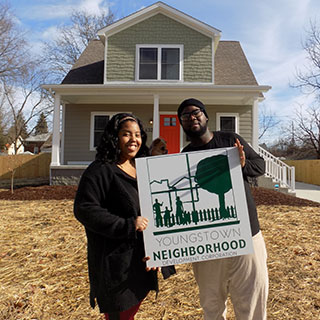When the housing bubble burst, it left a trail of dilapidated homes in Ohio’s cities and rural communities. A decade later, that gave birth to a new problem for those communities: lease-to-own deals that promised a piece of the American dream but often turned out to be nightmares.
Tara Brown remembers moving day, June 12, 2015.
“I was so, so excited. I was like, ‘Zack, yes, we bought a place! We’re going to settle. We’ll make some roots.’”
It was nothing fancy, a kind-of hybrid red and white bungalow on the south side of Youngstown. But it was hers — she thought. No more landlords who disappeared with the rent money or didn’t respond when the furnace cut out. No more bathtubs falling through the ceiling.
Except the next day, when she got home from work, she remembers her boyfriend Zack telling her, “‘I have bad news.’ I said, ‘What do you mean you have bad news?’ He said, ‘There’s no water lines in the house, there’s no gas so we have no heat.’ He’s like, ‘half the electricity in the house doesn’t work.’”
Undaunted, they filled 5- gallon jugs with water from her sister’s house and heated it in a coffee pot. They ripped the bathroom down to the studs, and every two weeks, when their paychecks arrived, they bought another piece of what it would take to make the house a home.
A waitress, Brown chuckles when she recalls spending Christmas tips on a luxury — a $200 toilet with a heated seat.
The downpayment, monthly payments and cost and sweat equity of repairs kept adding up. They held on tighter. “I was like, you know what, whatever this house throws at us we can do this.”
Then the raw sewage bubbled up through the basement floor.
That’s when Brown dug deeper into the details of the deal they’d signed with Vision Property Management and realized — as far as the paperwork was concerned — they were renters who had taken on all the responsibilities of homeowners. They’d signed up for the house as-is. When they couldn’t make monthly payments and fix the pipes, Brown, her son and boyfriend were evicted.
The end of an ordeal
More than four years after it all began — just before last Christmas — they got a check for $25,000, their part of Vision’s settlement with about a dozen Mahoning Valley families with similar stories of high-pressure sales of substandard houses shrouded in confusing paperwork.
They were represented by Community Legal Aid, whose director, Steve McGarrity maintains the Vision Property deals skirted laws that cover renters and those covering home buyers. The deals included no appraisals and no home inspections and no landlord-tenant protections.
“Sometimes people come up with really creative ways to take money from poor people, and this was a really creative way to do it,” McGarrity said.
Accusations and lawsuits
Vision and another large company called Harbour Portfolio have faced similar accusations and lawsuits from Wisconsin to New York. Cincinnati and Toledo have both also taken action against them.
Coming out of the Great Recession, the companies had bought thousands of distressed properties around the country in bulk, and many of them were concentrated in the Midwest.
Ian Beniston of the nonprofit Youngstown Neighborhood Development Corporation said the methods they used to flip the properties spread throughout Youngstown, “which also has an adverse impact on our neighborhood because this blighted house that Harbour cycled three people through is sitting there rotting, and I have to live two houses from it.”
Beniston’s group and another called ACTION tried public shaming two years ago, when they took a bus to South Carolina to protest at Vision’s headquarters. But they also were working government channels. A year ago, they convinced Youngstown City Council to impose new restrictions on land-contracts, requiring sellers to bring houses up to code and get appraisals.
To see the full story from WKSU, click here.
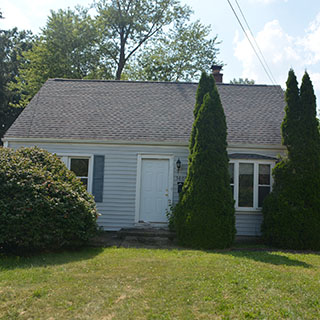 ,
, 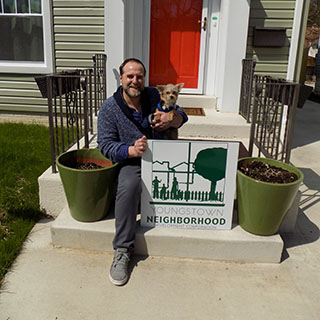
 ,
, 
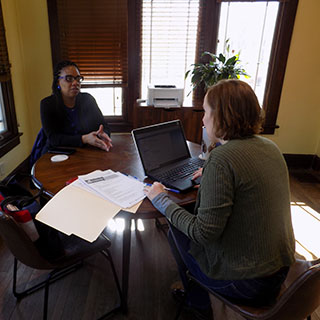 ,
,  ,
, 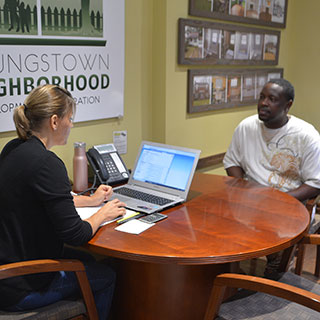
 ,
,  ,
, 

